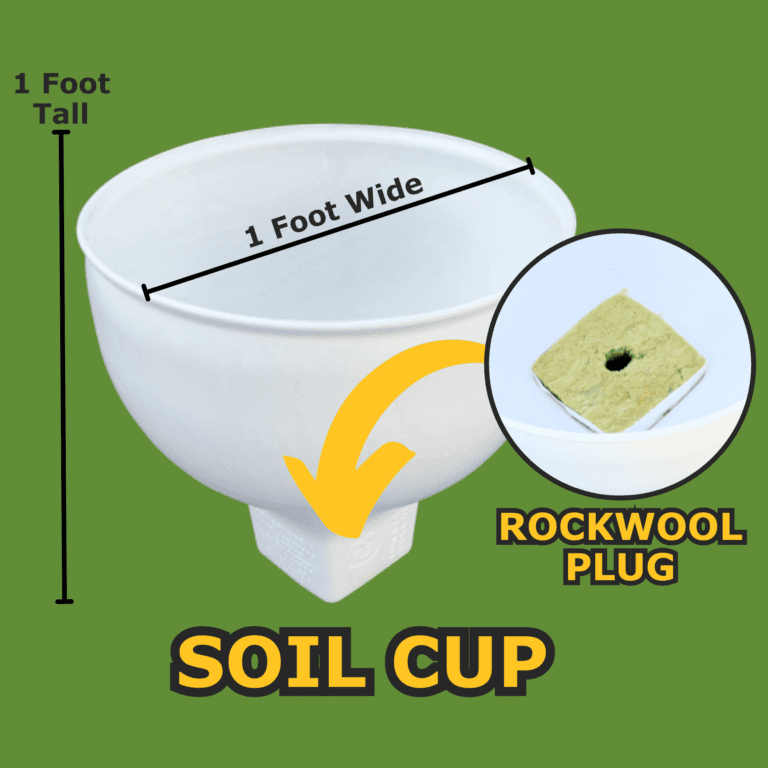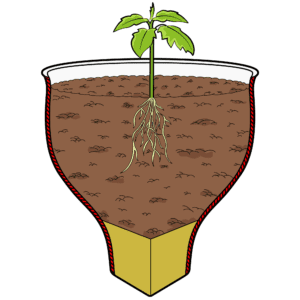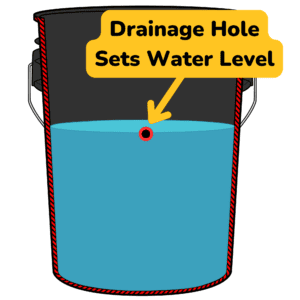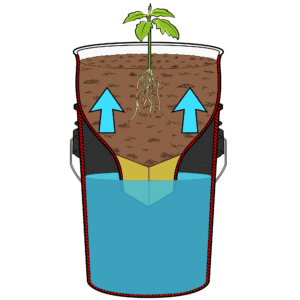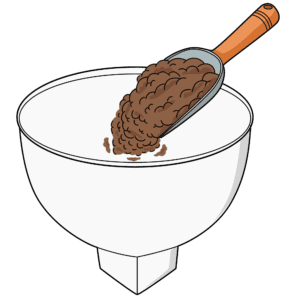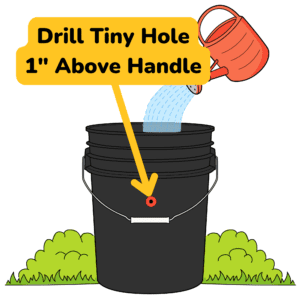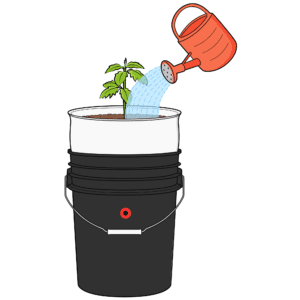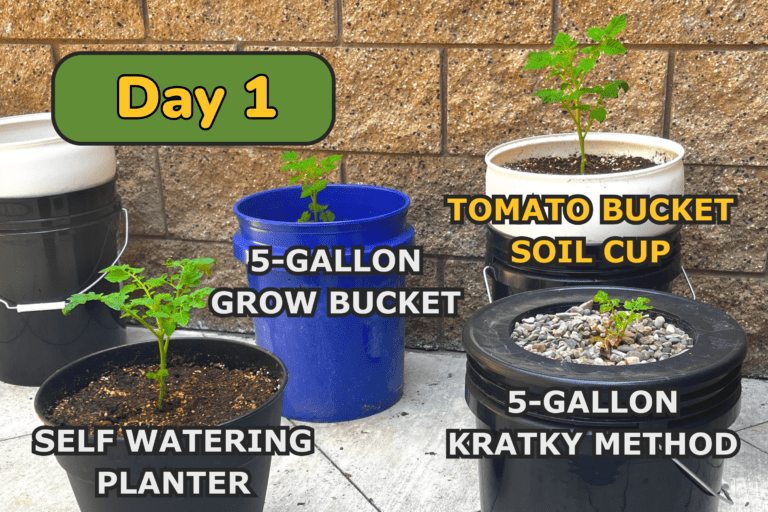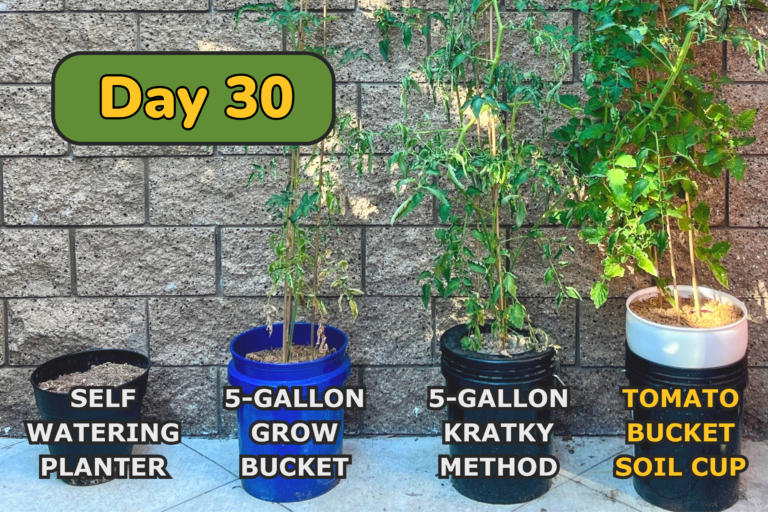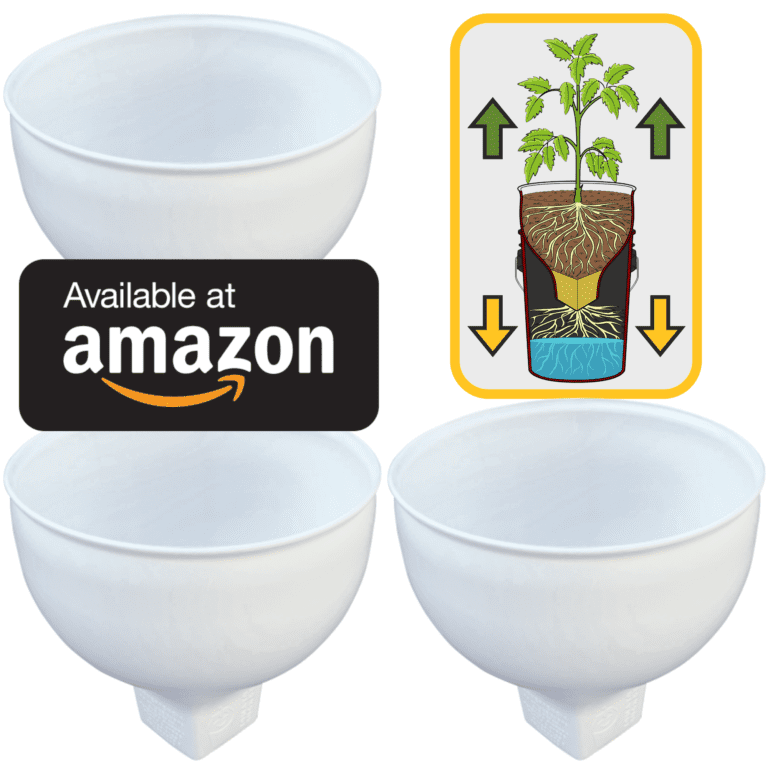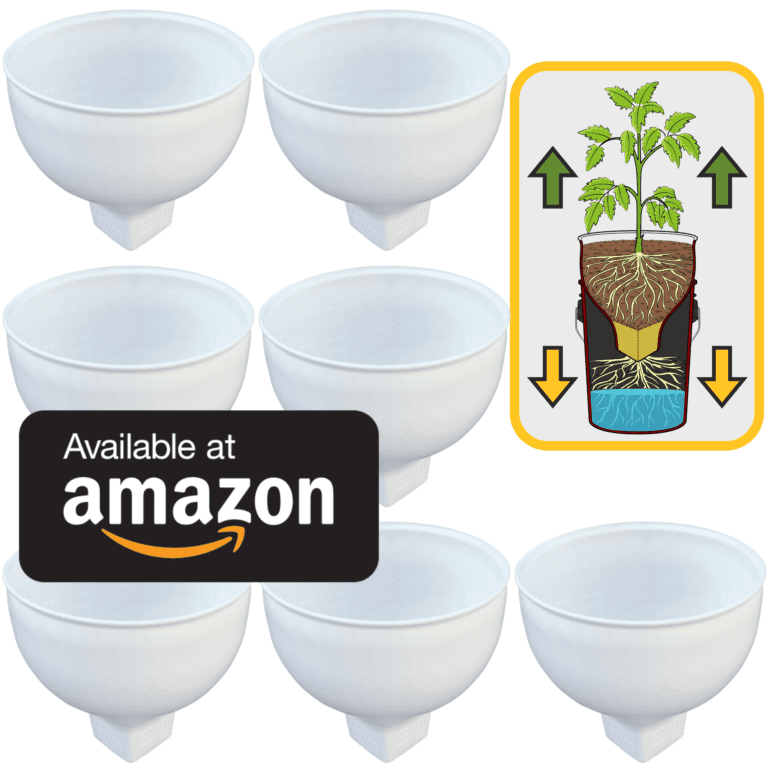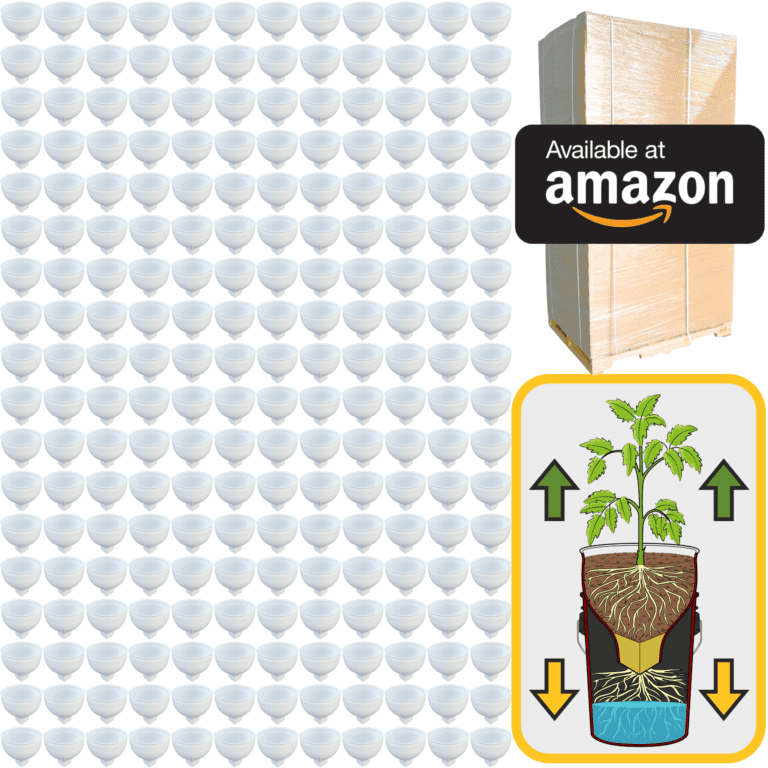Plants, like all living things, need the right nutrients to grow strong and healthy. You might think of soil as just the place where plants live, but in reality, it’s much more than that—it’s their source of food. Just like we need a balanced diet to thrive, plants need a range of nutrients to grow, produce flowers, fruits, and vegetables, and stay resilient against diseases and stress. Understanding these nutrients and how to feed your garden properly is one of the keys to successful gardening.
When you hear gardeners talk about feeding plants, they’re usually referring to adding fertilizers or compost to the soil. Fertilizers contain the essential nutrients that plants need, but the most important ones are nitrogen (N), phosphorus (P), and potassium (K). If you’ve ever seen a bag of fertilizer, you’ve probably noticed those three letters—N, P, and K—listed on the front. These represent the key nutrients in the mix, and they each play a critical role in helping plants grow.
Nitrogen is the nutrient responsible for helping plants grow green, leafy foliage. If you’ve ever marveled at a lush lawn or a vegetable garden full of tall, leafy plants, you’re seeing the effects of nitrogen at work. It’s one of the most important nutrients because it helps plants produce chlorophyll, which they need for photosynthesis—the process by which plants convert sunlight into energy. Plants with plenty of nitrogen grow quickly and develop large, healthy leaves. But if your plants don’t get enough nitrogen, they might look pale, with yellowing leaves and stunted growth.
Phosphorus, the second key nutrient, is essential for root development, flowering, and fruit production. It helps plants take in and use energy, which is especially important for the parts of the plant that grow underground, like roots and tubers. Phosphorus is what helps your plants establish a strong foundation. If you’re growing fruiting plants, like tomatoes, peppers, or even flowering plants, phosphorus is the nutrient that encourages them to produce buds, flowers, and eventually fruit. Without enough phosphorus, you might notice fewer flowers or weaker roots, which means less fruit or vegetables in your harvest.
Potassium is the third major nutrient and is often called the “health” nutrient. It helps with the overall strength and resilience of the plant. Potassium makes plants better at using water and helps them stay strong in the face of stress, whether that’s drought, disease, or pests. It helps plants regulate their water uptake, which is why it’s so important for keeping your garden healthy during hot, dry periods. If your plants are getting enough potassium, they’ll be more likely to resist diseases and grow stronger stems, making them less likely to be knocked over by strong winds or heavy rain.
These three nutrients—nitrogen, phosphorus, and potassium—form the foundation of plant nutrition, and every plant needs them in different amounts depending on what you’re growing. For example, leafy greens like lettuce or spinach need a lot of nitrogen to produce those big, tender leaves, but flowering plants like tomatoes or roses need more phosphorus to encourage blooming. That’s why fertilizers come in different blends: some are high in nitrogen to promote leafy growth, while others are higher in phosphorus to support root development and flowering.
But N, P, and K aren’t the only nutrients plants need. They also require smaller amounts of other nutrients, known as micronutrients, like calcium, magnesium, and sulfur. These micronutrients may not be needed in as large quantities as the big three, but they’re still crucial for overall plant health. Calcium, for example, helps build strong cell walls, which makes plants more robust and helps prevent issues like blossom-end rot in tomatoes. Magnesium is important for photosynthesis, and sulfur helps with enzyme production and overall plant metabolism. You don’t need to worry too much about these micronutrients on a day-to-day basis, but it’s good to know that a well-balanced fertilizer or compost will typically contain them.
So how do you feed your plants? There are two main ways: through fertilizers and through organic matter like compost. Fertilizers are a quick way to add nutrients to the soil, and they come in many forms—liquid, granular, slow-release. When you apply fertilizer, you’re giving your plants an immediate boost, which can be helpful if you notice that they’re lacking in a certain nutrient. For example, if your plants’ leaves are yellowing, it could be a sign they need more nitrogen. A nitrogen-rich fertilizer can help fix that problem quickly.
But while fertilizers can be helpful, they’re not a long-term solution. Feeding your garden with organic matter like compost is the best way to build up the soil over time. Compost is decomposed plant material that adds nutrients slowly as it breaks down, improving the soil’s structure and feeding your plants steadily throughout the growing season. Unlike synthetic fertilizers, compost also improves the soil’s ability to hold water and nutrients, making it a win-win for your garden. The more organic matter you add to your soil, the healthier it becomes, and the less you’ll need to rely on fertilizers.
When it comes to feeding your garden, it’s all about balance. Too much of any one nutrient can be just as harmful as too little. Over-fertilizing, especially with nitrogen, can lead to lush, leafy growth but fewer flowers or fruits. You might end up with a tomato plant that’s full of beautiful leaves but no tomatoes. That’s why it’s important to follow the guidelines on any fertilizer you use and to pay attention to what your plants are telling you. If your plants are growing well and producing, there’s no need to keep adding fertilizer. But if they’re struggling—whether they’re yellowing, slow to grow, or not flowering—it might be time to give them a nutrient boost.
The best way to know what your plants need is to test your soil. Soil tests can tell you which nutrients your soil might be lacking and which ones are already abundant. Once you know what your soil needs, you can choose the right fertilizer or compost to add, ensuring your plants get exactly what they need to thrive. You don’t need to test your soil every year, but doing it every few years will give you a good sense of what’s going on underground.
One final tip: feeding your plants isn’t just about adding nutrients to the soil. It’s also about making sure they can absorb those nutrients. That’s why good watering practices and healthy soil are so important. Water helps plants take up nutrients through their roots, so if your plants aren’t getting enough water, even the best fertilizer in the world won’t make a difference. Similarly, if your soil is compacted or lacks organic matter, the nutrients won’t be available for your plants to use. It’s all connected: healthy soil, good watering, and the right nutrients come together to help your plants grow strong and productive.
Feeding your garden is one of the most rewarding parts of gardening. When you see your plants grow taller, produce more flowers, or give you a bigger harvest, you know you’re doing something right. By understanding what nutrients your plants need and how to give them the right balance, you’re setting the stage for a vibrant, flourishing garden. Over time, you’ll learn to recognize the signs of a nutrient-rich garden—deep green leaves, strong stems, plenty of blooms—and you’ll take pride in knowing that you’re giving your plants exactly what they need to thrive.

